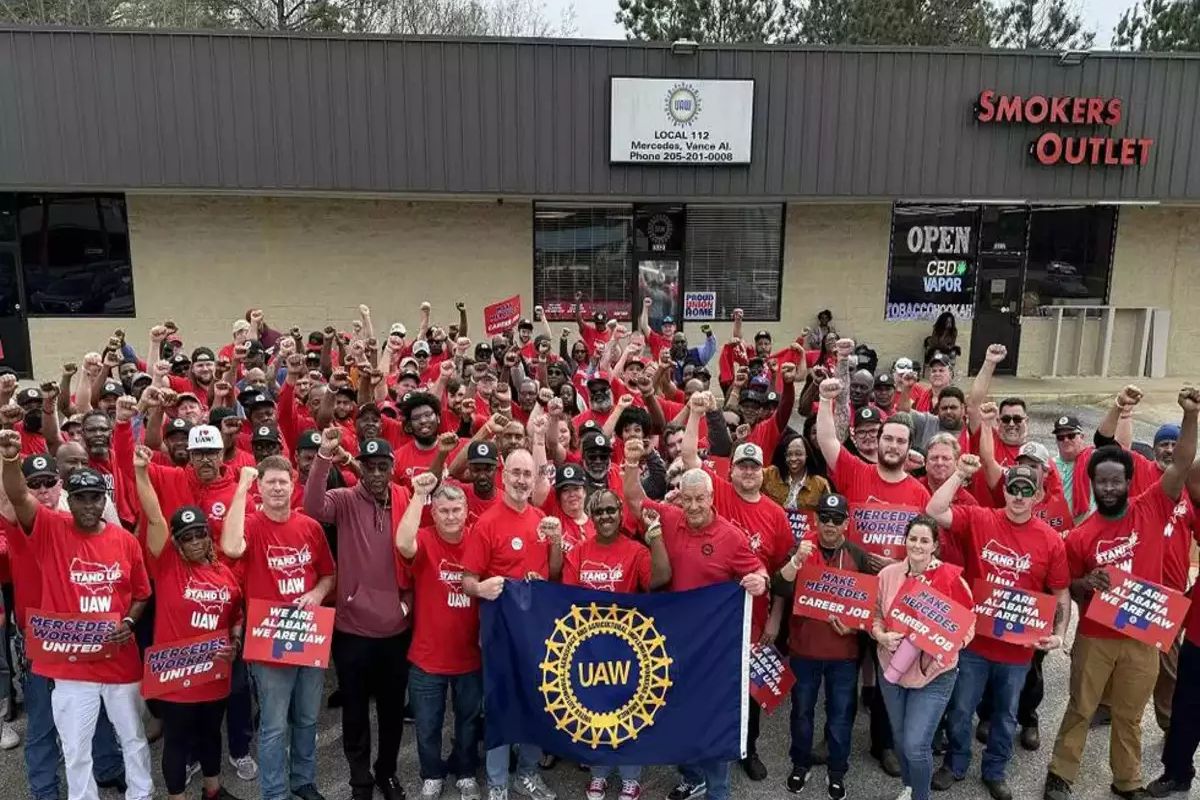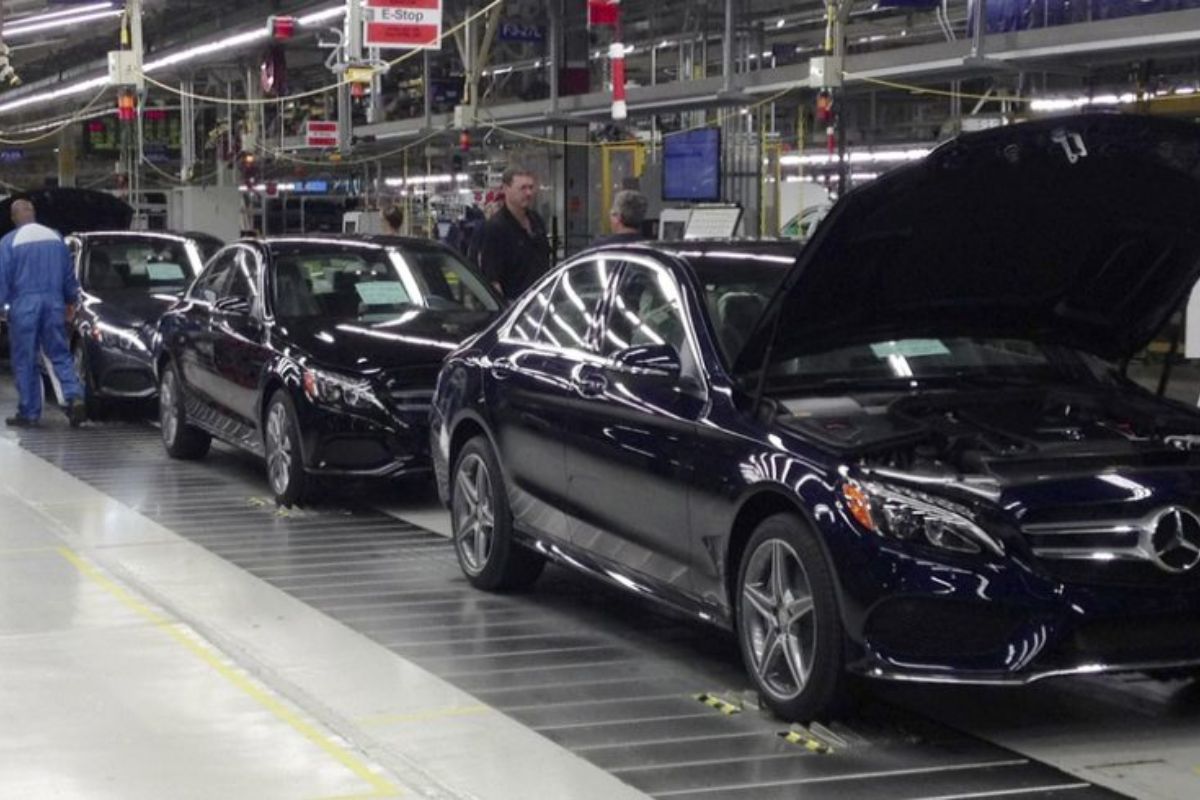Mercedes Workers Gear Up for Union Vote: As the Mercedes workers in Alabama prepare for a critical union vote, the implications reverberate far beyond the factory walls. With wages, working conditions, and benefits on the line, the decision could set a precedent for labor dynamics within the automotive industry.
The outcome of this vote holds the power to redefine the landscape of worker representation and collective bargaining, not just at this particular plant but potentially influencing similar movements across the Southern states. The stakes are high, and the ramifications could reshape the future of labor relations in the region.
Thousands of Workers at Mercedes-Benz Factory in Alabama to Vote on Union Representation
Why are thousands of workers at the Mercedes-Benz factory in Alabama set to vote on union representation next month?
The upcoming vote stems from the decision by the National Labor Relations Board to hold an election at the Mercedes-Benz facilities in Vance and Woodstock, Alabama. This significant vote, scheduled for May 13 to May 17, will determine whether the workers wish to be represented by the United Auto Workers union.
The agreement on the election dates between the company and the union sets the stage for a momentous moment in labor relations at one of the largest auto manufacturing plants in the Southern United States.
The outcome of this vote will have far-reaching implications for both the workers and the management at the Mercedes-Benz factory. It represents an opportunity for the employees to voice their collective stance on issues such as wages, working conditions, benefits, and overall representation in the decision-making processes within the company.
As the voting dates draw near, the attention of industry analysts and labor experts will be keenly focused on the outcome and its potential impact on the future dynamics of labor relations within the automotive sector in Alabama.
UAW’s Drive to Organize Auto Manufacturing Plants in Southern States
What strategic approach has the United Auto Workers union undertaken in its campaign to organize auto manufacturing plants in Southern states?
The UAW has set its sights on organizing nonunion auto manufacturing plants, particularly in Southern states, as part of a broader initiative to unionize around 150,000 workers. This drive includes the ongoing efforts at Volkswagen’s Chattanooga, Tennessee factory, where approximately 4,300 workers are currently voting on union representation.
The UAW’s push to organize in the South comes on the heels of successful negotiations that resulted in significant pay raises for workers following strikes at Detroit’s major automakers last year. By targeting Southern states, where union representation in the auto industry has historically been weaker, the UAW aims to strengthen its presence and bargaining power in a region known for its anti-union sentiment.
This strategic approach underscores the union’s commitment to expanding its membership and influence in key manufacturing hubs.

ALSO READ: Alabama House Sparks Workforce Revolution With New Bills!
Mercedes-Benz U.S. International’s Response and Accusations by UAW
In response to the workers’ petition for a union vote at Mercedes-Benz U.S. International, the United Auto Workers (UAW) has accused the company of engaging in anti-union tactics and has filed federal labor charges against management.
The UAW’s allegations come amidst a significant push by over 5,000 out of approximately 6,100 employees at the Mercedes facilities for a union vote. Mercedes-Benz U.S. International has stated that it respects its employees’ right to choose whether to unionize and intends to facilitate a fair election process.
The company has emphasized providing workers with the necessary information to make informed decisions during the voting procedure. However, the UAW has raised concerns about alleged anti-union practices by Mercedes management, prompting the filing of federal labor charges.
This development underscores the escalating tensions surrounding the unionization efforts at Mercedes-Benz U.S. International, with implications for the future labor landscape at the company’s facilities.
News in Brief
The upcoming union vote at the Mercedes factory in Alabama holds significant implications for both the workers and the automotive industry as a whole.
The outcome of this vote will determine the future of labor relations, wages, working conditions, and benefits at the plant.
The decision made by the workers will have a lasting impact on the landscape of worker representation and collective bargaining in the Southern states.

